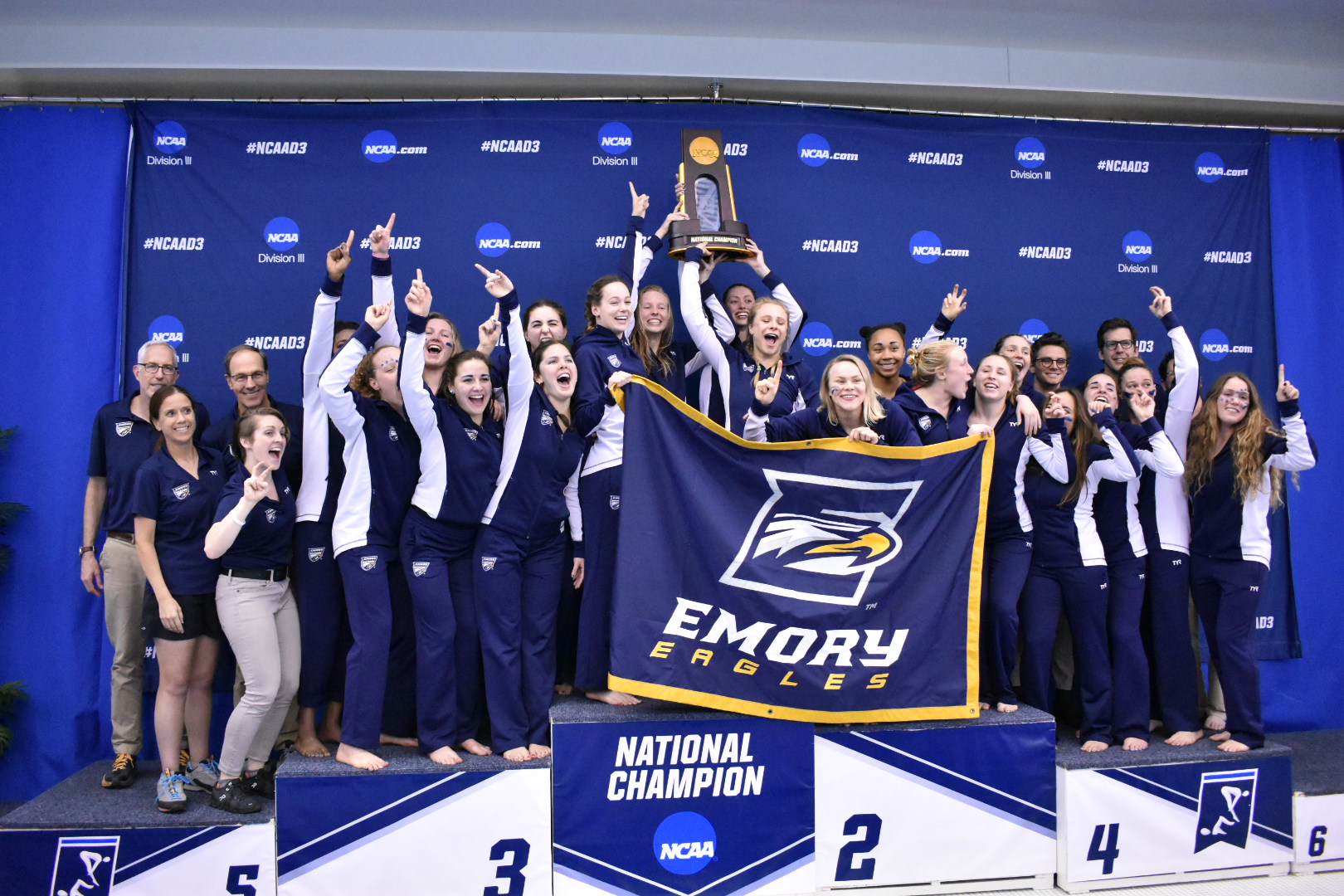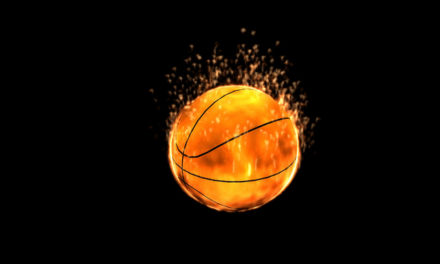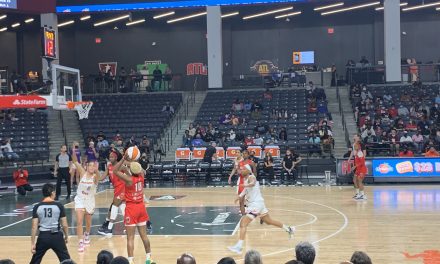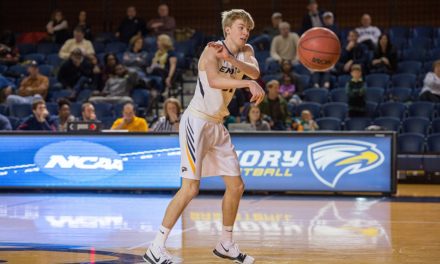Roughly two months after the Supreme Court ruled that the NCAA violated antitrust laws by restricting the compensation opportunities provided to its student-athletes, Emory University became the first Division III school to connect its athletes to those opportunities with INFLCR, a content-creation platform.
INFLCR will help athletes profit off of their name, image and likeness (NIL), a legal concept that was once restricted by the NCAA’s strict rules on athlete compensation. After the Supreme Court’s ruling, however, student-athletes everywhere now have the opportunity to use their popularity to make money through business partnerships and advertisements, a potentially overwhelming change that INFLCR will help facilitate.
As a mobile app on which college athletes can post highlights to increase their popularity, INFLCR also partners with companies that create opportunities for athletes to earn money for their talents. These partnerships, as well as the educational support INFLCR supplies to its athletes, will support not only the college athletes looking down the barrel of potentially significant revenue opportunities, but universities treading into uncharted NIL waters.
“With NIL, we have to be able to track and monitor any sort of opportunities that they take advantage of,” Director of Athletics Keiko Price said in an interview with the Wheel. “So there’s a compliance aspect of NIL that INFLCR will be able to help us manage, there’s educational videos that they will be able to help us so that the student-athletes understand the marketing and business side of these opportunities.”
INFLCR will not pay athletes directly, but instead educational resources and tailored technological services to help Emory’s 400+ student-athletes use their platforms to “monetize and disseminate photos, videos and graphics,” according to an Aug. 13 press release announcing the partnership.
Price hopes that Emory and INFLCR will allow Eagles to flex their creativity and capitalize on their NIL to not only profit in the short term but develop their entrepreneurial skills that will hopefully prove fruitful down the road.
“I think every school in the country is sort of looking at NIL as an opportunity to give athletes resources and support that they weren’t able to take advantage of,” Price said. “What I’m really looking forward to is how we can give them resources where they can use their mind and their intellect to really build some equity and to make money.”
In addition to the help that INFLCR will provide, Price said that Emory hopes to establish its own NIL infrastructure in order to help Eagles maximize on the financial opportunities now afforded to them.
“What we are planning to do is work with different units on campus — faculty, staff — to put some educational curriculum together to really help the student-athletes with entrepreneurship, innovation, building their brand … This is the start for us,” Price said.
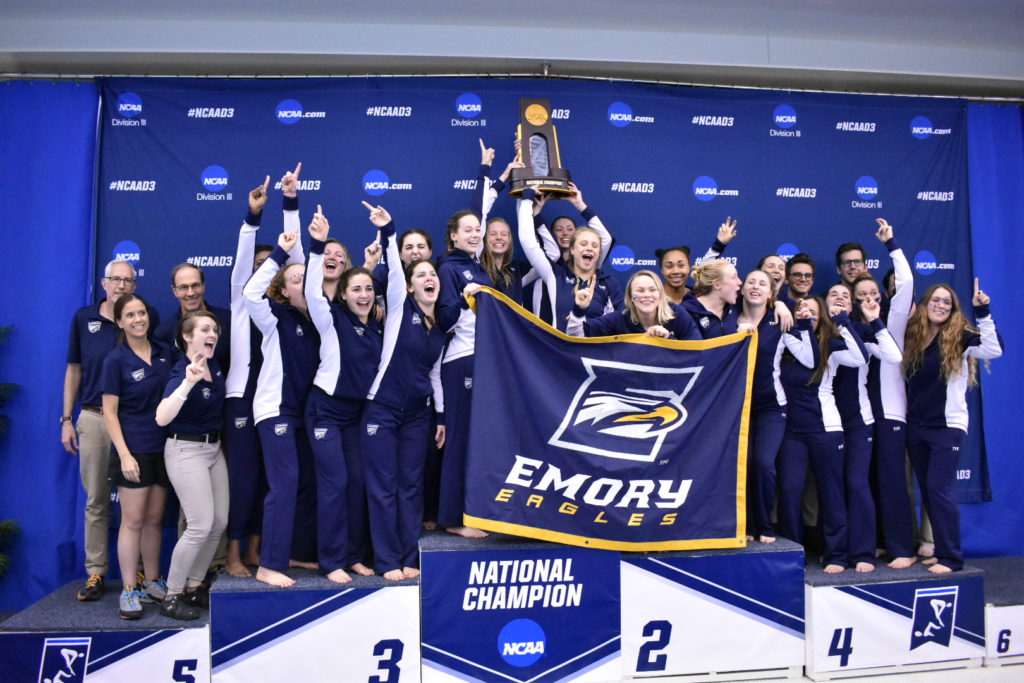
Emory athletes can now take advantage of opportunities to benefit financially from their participation in athletics. (Courtesy of Emory Athletics)
Ryan Callahan (he/him) (22C) is from Richboro, Pennsylvania, majoring in philosophy, politics, and law. Callahan previously served as a managing editor, the Wheel's sports editor and is also the co-president of Emory's Pre-Law Society. He is currently an English tutor at Ringle, and previously interned for his state representative and district attorney. If he's not at Kaldi's, you can catch him complaining about the Sixers or replaying the Batman: Arkham games.

